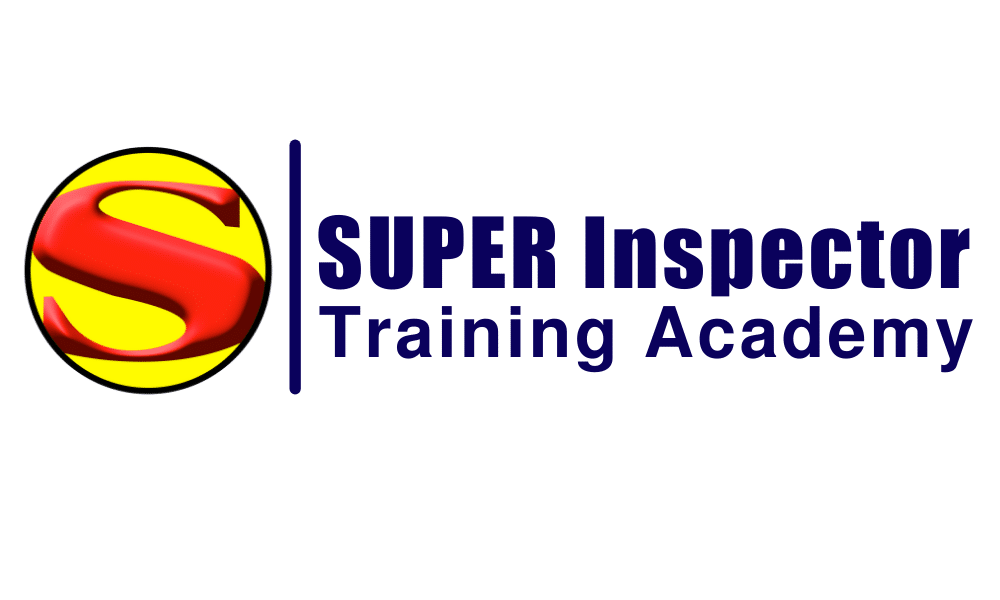BUSINESS – LESSON 1: SECTION 3 – Types & Purpose of Financial Protection (Content)
INSURANCE
Introduction
The risks involved in conducting a business are different from and usually greater than the risks covered by common individual insurance policies such as homeowner’s insurance and vehicle insurance. The home inspector should properly insure against these risks. Some types of insurance may be required before obtaining government licenses or permits.
Bond
In the context of the home inspection profession, a bond is a promise by a third party to pay a judgment against the bonded home inspector if the home inspector fails to pay the judgment. The issuer of the bond (the surety) would probably attempt to collect the amount paid by the surety from the home inspector. A bond is, therefore, not insurance. To collect on a bond, a client would need to file suit against the home inspector and win a judgment. The home inspector would need to refuse to pay the judgment. The client would need to apply to the surety for payment. Some jurisdictions require that the home inspector post a bond as a condition for a home inspector license.
Errors and Omissions Insurance (E&O)
Home inspector E&O insurance is a promise by an insurance company to pay the home inspector’s client if the home inspector fails to properly report about a defect in the home and the client suffers damage as a result. This insurance is sometimes called professional liability insurance. Failure to properly report about a defect is usually determined by comparing the home inspector’s report and other actions against the Standard of Practice (SoP) applicable to the home inspection, and possibly to the local Standard of Care.
E&O insurance also pays to defend claims made against the home inspector even if the claim has no merit. The maximum exposure of the insured home inspector is the policy limit and the deductible. The home inspector should be aware, however, that the deductible is usually payable when the claim is filed, and is usually used to help defray the cost of processing and investigating the claim. The deductible is often not refunded.
There are two common types of E&O policies. The claims made policy is more common and usually less expensive. A claims made policy covers claims filed while the policy is in effect. A claims made policy does not cover claims that originated while the policy was in effect but were filed after the policy lapsed. The occurrence policy covers claims that occurred while the policy is in effect regardless of when the claim is filed. Coverage for prior acts (home inspections occurring before the policy is in effect) and coverage for claims filed after the policy lapses can sometimes be purchased.
An E&O policy may not cover common ancillary services that some home inspectors provide without additional endorsements. Examples of ancillary services include radon, mold and air quality, wood destroying organism, pool and spa, and construction inspections. Home inspectors who offer ancillary services should verify coverage for those services.
Some jurisdictions require that the home inspector purchase E&O insurance as a condition for a home inspector license.
General Liability Insurance (GL)
Home inspector GL insurance is a promise by an insurance company to pay for damage or personal injury that the home inspector causes while performing the home inspection. Other risks such as liable and slander may also be covered. GL insurance also pays to defend claims made against the home inspector even if the claim has no merit
It is important to understand that E&O and GL insurance cover different risks. For example, E&O would cover the home inspector for failing to report a hole in the ceiling; GL would cover the home inspector for making a hole in the ceiling. GL would cover the expenses if someone else were injured when the home inspector made a hole in the ceiling, but it would not cover the home inspector’s injuries. GL is required by some builders before they will permit a home inspector to perform construction inspections. Some jurisdictions require that the home inspector purchase GL insurance as a condition for a home inspector license.
Worker’s Compensation Insurance
Worker’s compensation insurance is a government-run insurance program that provides medical care, lost wages, and death benefits for employees injured or killed while working for an employer that is enrolled in the program. The employee must be injured or killed while on the job to be covered. Worker’s compensation insurance is a no fault system; benefits are paid regardless of whether the employee, employer, or someone else was at fault. The trade-off for this no-fault system is that the worker relinquishes the right to sue the employer regarding the workplace injury.
Most employers are required to carry worker’s compensation insurance; there are exemptions for very small businesses. Exemptions and regulations vary by state. Sole proprietors, partners, and LLC members are usually not considered employees and are usually not required to be covered by worker’s compensation insurance. Most businesses that are not required to carry worker’s compensation insurance do not because it is usually quite expensive.
Homeowner’s Insurance
Homeowner’s insurance may provide little or no coverage for home inspector tools and equipment. Coverage may also be limited for injuries suffered by clients conducting business at the home inspector’s home; this situation is uncommon. Endorsements may be available for specific business related property. Home inspectors with expensive tools and equipment (such as computers, infrared cameras, radon monitors, and blower doors) may wish to check coverage with their insurance carrier.
Vehicle Insurance
Home inspectors who use their personal vehicle for business may not be covered for losses incurred while using the vehicle for business. A business use endorsement is usually required to ensure coverage for business-use losses.
